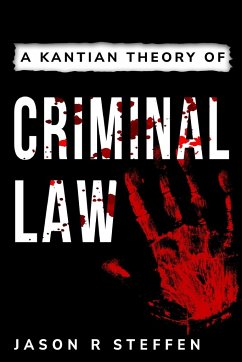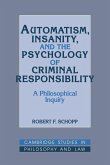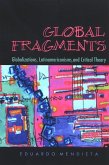The title of this dissertation is terse-at least by academic standards. I shall therefore endeavor in this introduction to provide an explanation of the present project. My primary purpose is to answer a question largely (and strangely) unaddressed by scholars in the fields of law and philosophy: what is the correct theory of criminal law? To understand why such a theory is important, consider that the paradigmatic criminal legal case in our system involves a number of actions by disparate actors. Legislatures create laws. Police enforce them. When someone is accused of committing a crime, lawyers represent the interests of the government and the defendant. A judge presides over the case, which may be decided by a jury. Convicted criminals are imprisoned or otherwise punished at the hands of corrections officials. One would hope that these various parts of the criminal law work together in some kind of rational way; it is therefore reasonable to seek an account of criminal justice that has explanatory value in all of these areas.








